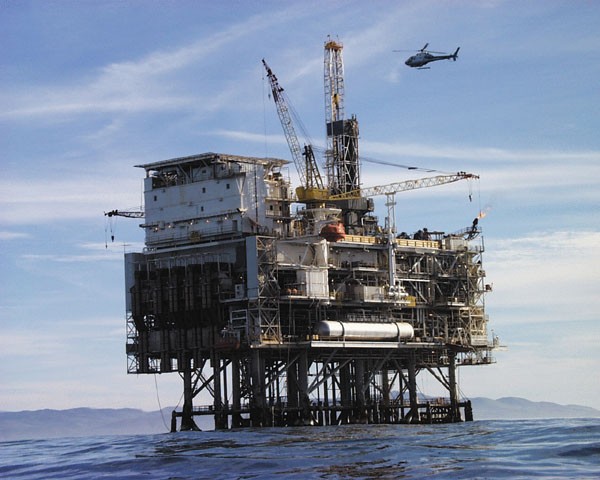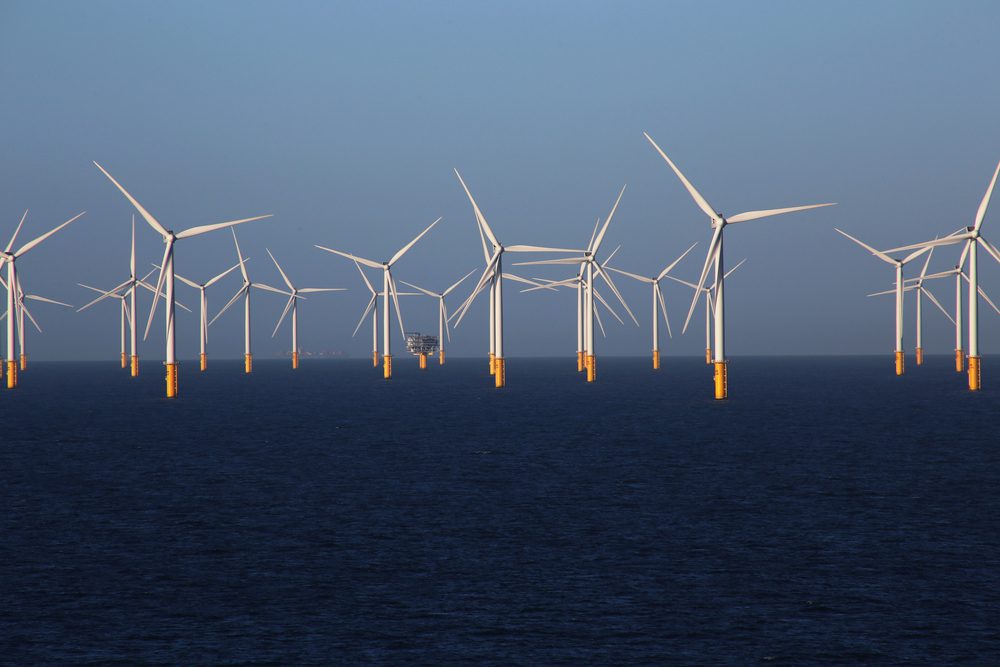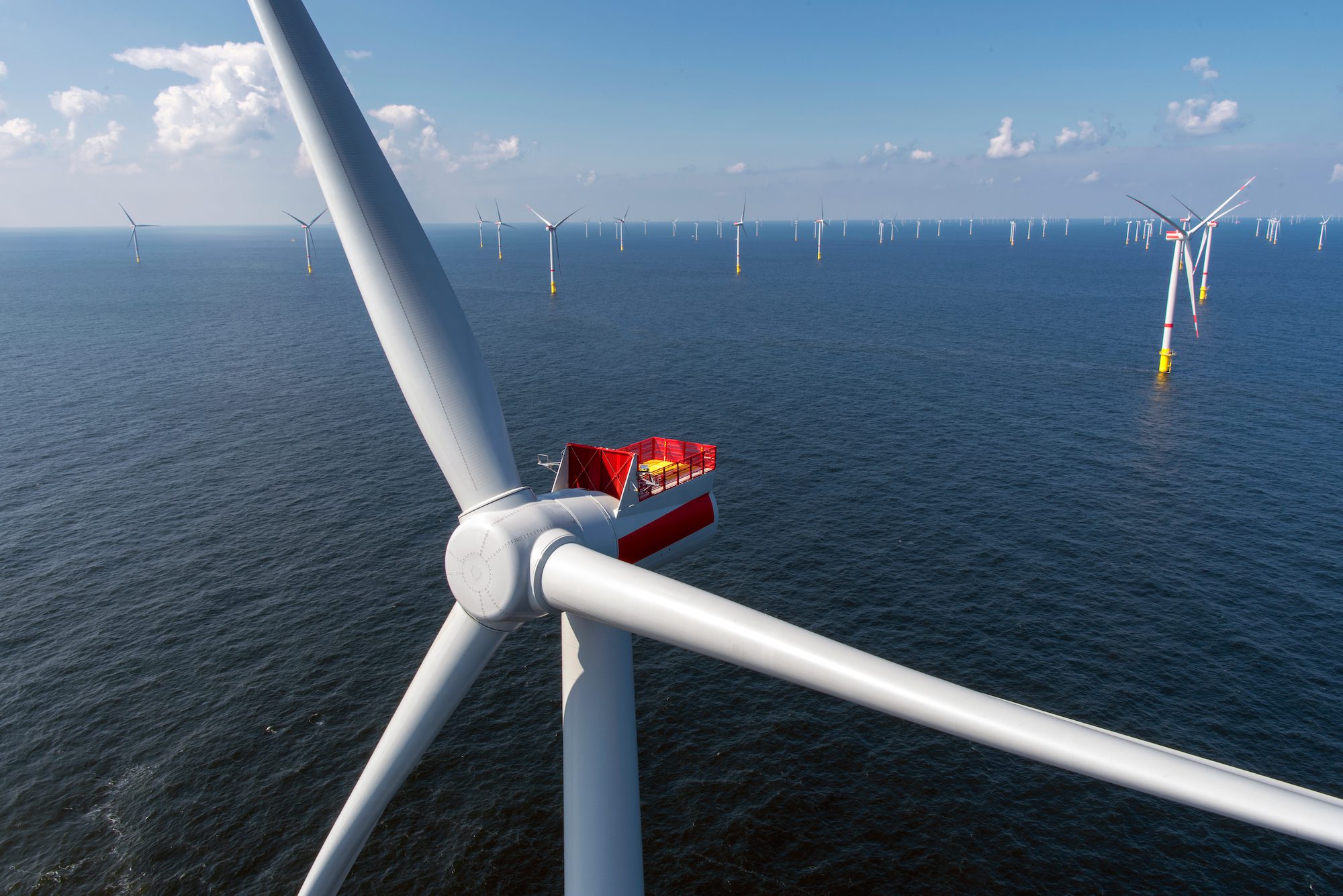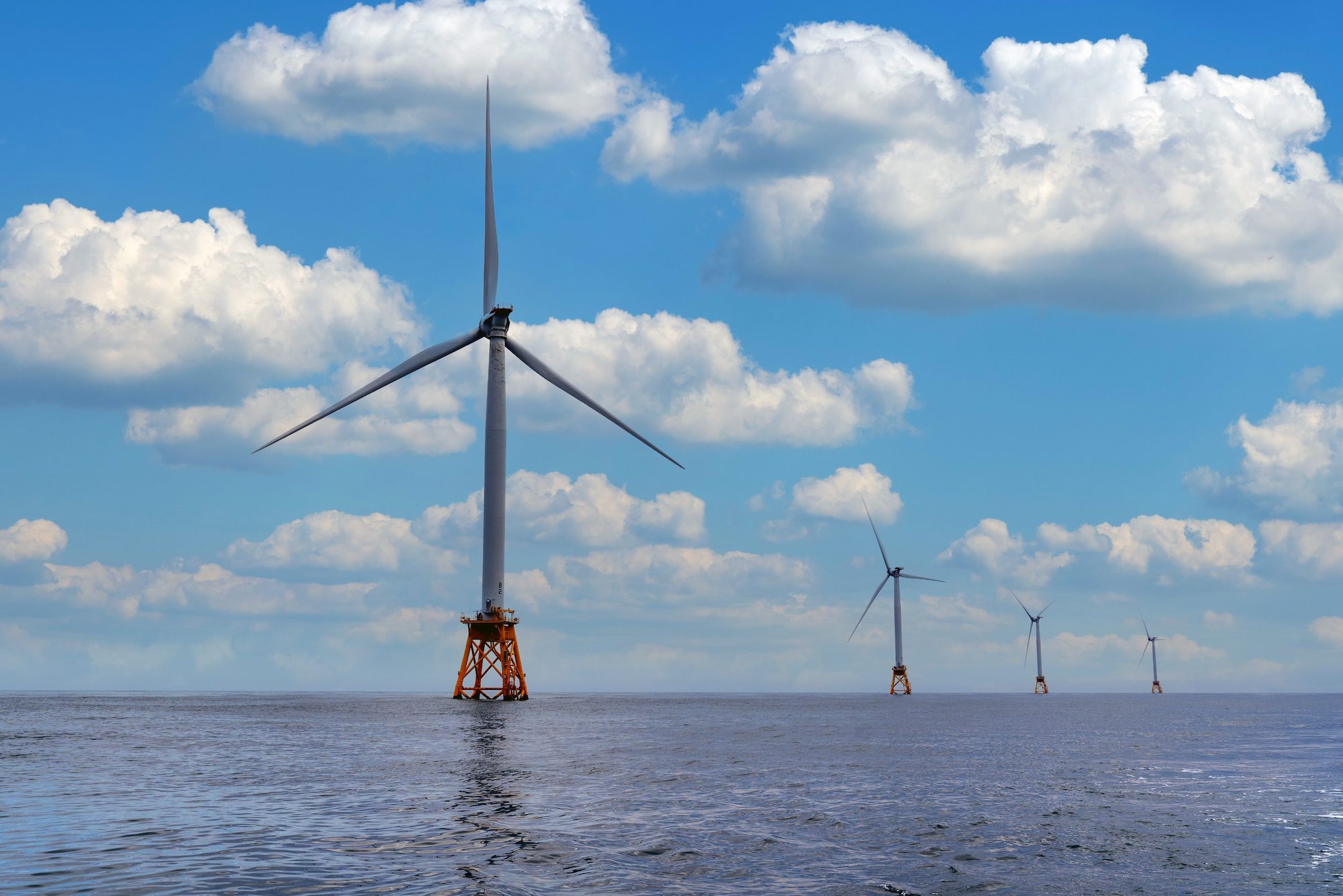 By Claire Milhench
By Claire Milhench
LONDON, Sept 12 (Reuters) – Scotland will ask Britain to help finance the cost of removing old North Sea rigs and pipelines even if it votes for independence and gains most of the oil revenues, a move that bankers and lawyers say may result in years of legal battles.
An independent Scotland would benefit from most of the new revenues from North Sea oil output – worth $50 billion a year – but it will nevertheless ask Britain to co-finance some $60 billion of decommissioning to remove old platforms and pipelines.
“Successive Westminster governments have accrued around £300 billion (in today’s prices) in tax receipts from Scotland’s oil and gas, and therefore the Scottish government will seek a commensurate contribution to the costs of decommissioning from Westminster,” a Scottish government spokesman said.
The UK Treasury declined to comment on its position on the issue. But a Treasury spokesman directed Reuters to an analysis issued in June 2014. This said that an independent Scotland would have to invest almost 3,800 pounds (6,174.62 US dollar) per head for decommissioning, over ten times more than when the costs are spread across the whole UK.
Lawyers and bankers said that deciding who pays what will complicate investment decisions for oil companies.
“We certainly will have a dispute. The liabilities are just too large,” said Andrew Moorfield, Europe-based head of origination at Canada’s Scotiabank, which is among important lenders to the North Sea oil industry.
There are about 300 rigs in the UK North Sea and the cost of decommissioning is expected to exceed 40 billion pounds ($65 billion) until 2040, with expenditure peaking at 1.7 billion pounds as early as 2016, according to industry estimates.
The British government has allowed operators to offset between a half and three quarters of this spending via tax relief, which means that over 20 billion pounds will not be paid to state coffers.
“The over-riding question of which administration pays what would need to be sorted out first and that is an item on the ‘to-do’ list facing post-Yes negotiators,” said Richard Heard, managing director of Strategic Decom, a consultancy specialising in decommissioning.
Stephen Murray, a partner at law firm Herbert Smith Freehills, said there could be bureaucratic delays with regard to consents needed for decommissioning if officials are pre-occupied with negotiations on separation arrangements.
MARITIME BOUNDARIES
Scotland goes to the polls on Sept. 18 and the latest surveys show that the pro-independence camp has gained ground.
The Scottish government said the outcome of talks with Westminster on how the cost of decommissioning tax relief will be split would have no impact on the value of the relief received by operators.
But alongside the uncertainty around decommissioning costs, the industry is worried that future investment in the North Sea could be jeopardised by a dispute over maritime boundaries if Scotland becomes independent.
“It is to be hoped that the two governments could come to a decision quickly and avoid a dispute, which does have the potential to stall investment in the disputed area,” said Judith Aldersey-Williams, a partner at law firm CMS.
“However, it’s perhaps more likely that the question of the boundary will be used as a negotiating weapon and only resolved as part of a package of contentious issues,” she added.
The biggest operators in the North Sea such as oil majors BP and Royal Dutch/ Shell see the decommissioning process as a litmus test for other regions which will one day have to go through the same challenges as the North Sea.
Companies declined to comment specifically on challenges to the decommissioning process arising from the potential Scottish split from Britain.
“We face the challenges of extending the productive life of existing assets and managing the future costs of decommissioning. Much of this activity requires fiscal support to be economic, and future long-term investments require fiscal stability and certainty,” BP’s CEO Bob Dudley said this week.
His counterpart at Shell, Ben van Beurden, also said this week he thought Scotland was better off with Britain: “As existing infrastructure gets older and output falls, costs will go up and tax receipts will come down.”
Scotiabank’s Moorfield said some investment could ultimately migrate to other areas such as Norway’s North Sea: “Future investment flows are likely to be negatively impacted or deferred until there is a clarity on decommissioning”. (1 US dollar = 0.6154 British pound) (Additional reporting by Dmitry Zhdannikov, editing by William Hardy)
© 2014 Thomson Reuters. All rights reserved.

 Join The Club
Join The Club











